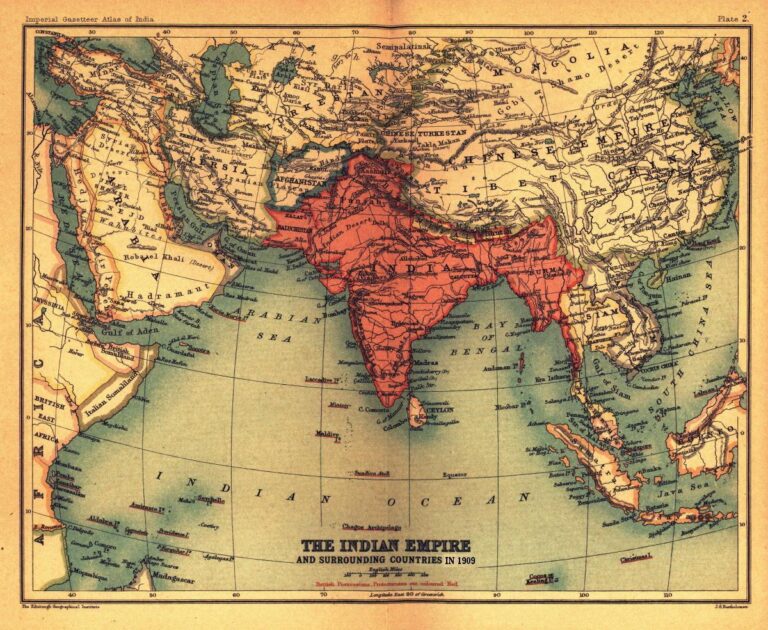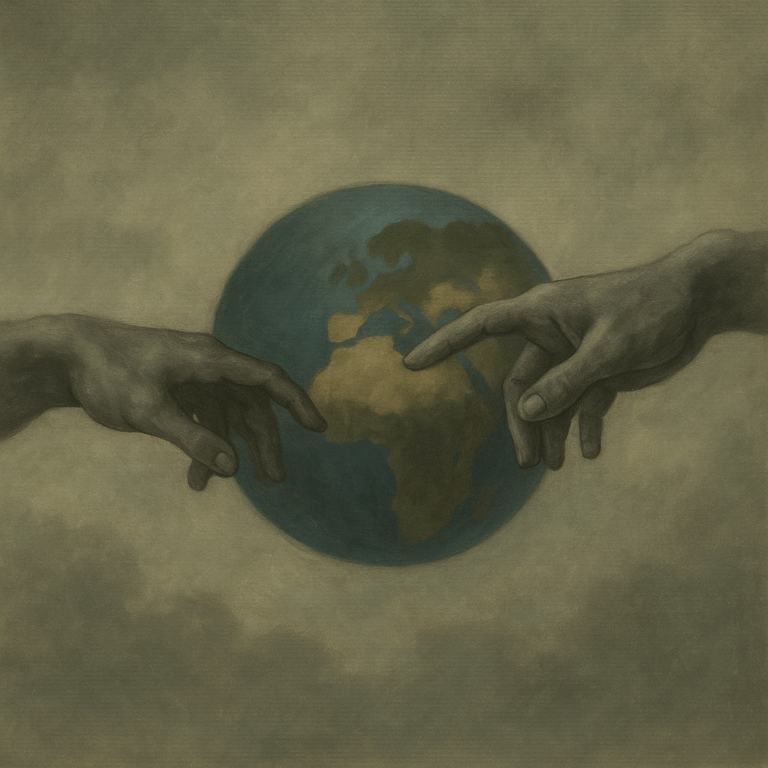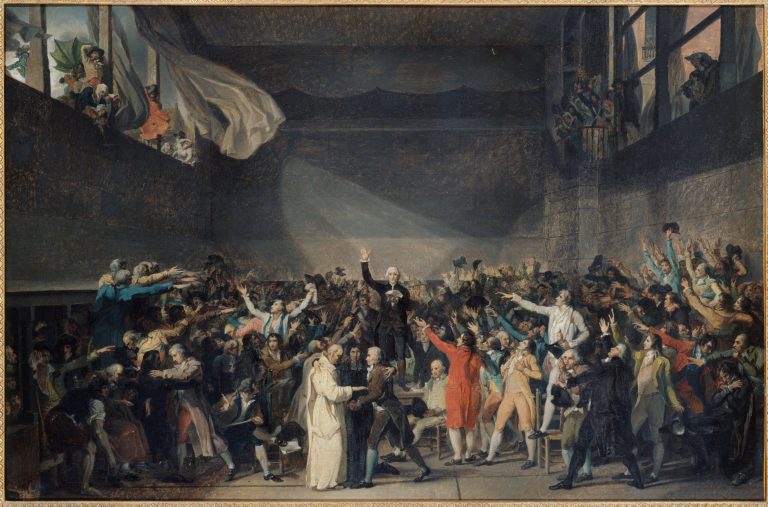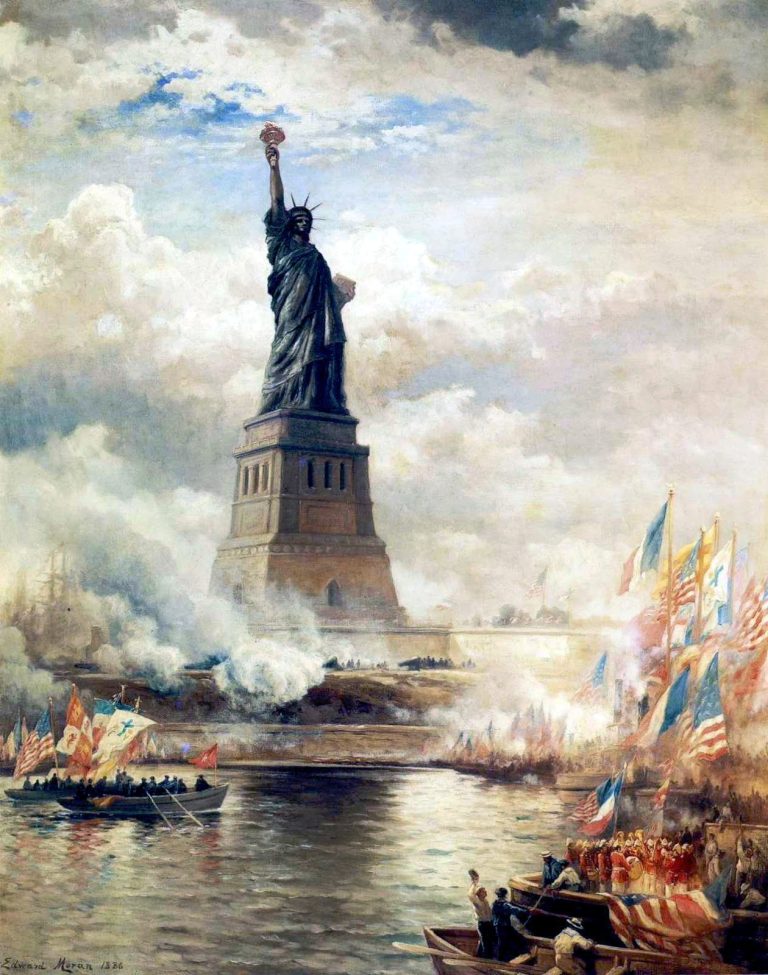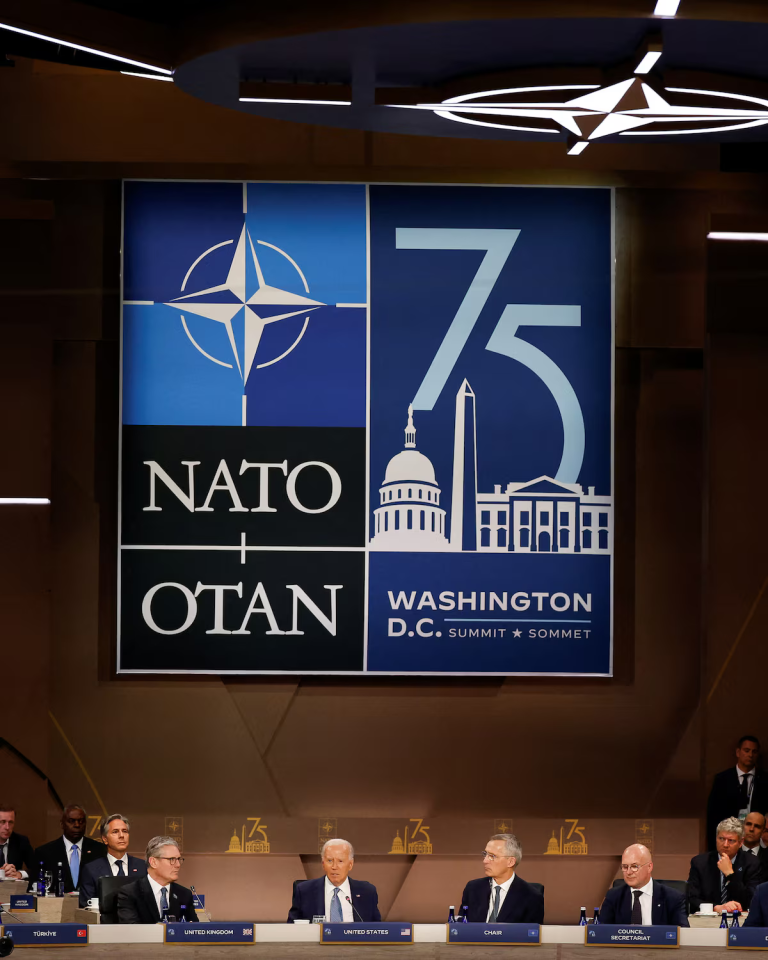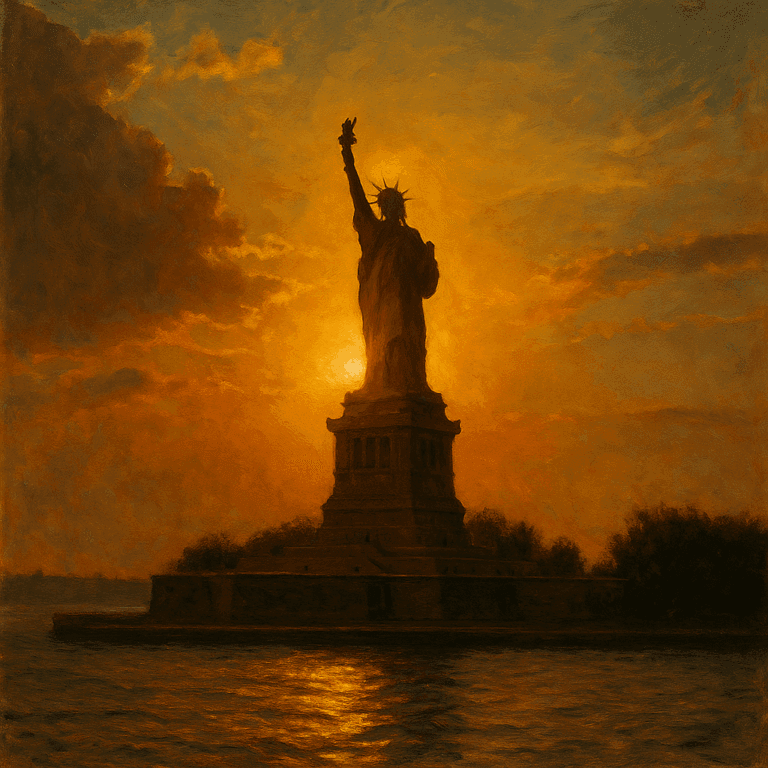Recently, I was mired in a query grounded on identity, which surprisingly seemed quite tedious and byzantine, yet also profound: that is, why is it an insurmountable hurdle to immerse oneself in a community, especially one in which one does not conform to the predominant attribute, namely, creed, color, and religion?
Such a thought process in all likelihood is not an aberration for a large swath of folks, especially as in this day and age cities and societies writ large are even more diverse, or in other words, multi-ethnic, multi-cultural, multi-lingual, and in some parts of the progressive world, ostentatiously gender fluid.
That said, these very tendencies, which are having an eclectic body politic, are being postulated as detrimental to “native and intrinsic cultural traditions.” Or, in a less euphemistic manner, as denoted by some, people assimilating into new societies are either vermin or aliens; after all, there doesn’t seem to be a consensus even amongst the fearmongers.
Nonetheless, quips aside, at the core of the debate is, once again, on the one hand, the idea of a zero-sum environment, which is to consign a nuanced problem to just a singular phenomenon as a culprit, and on the other hand, by virtue of a general ennui in society—the abject convention of ostracizing human beings as the “other,” or in terminology-wise—us versus them—to emphasize once more, it is, by virtue of a general deprivation of a social and moral code.
In all seriousness, I cannot imagine folks, particularly those who assert themselves as the pinnacle of piousness, openly, without a sliver of shame, confidently broadcasting the importance of implementing countrywide eugenics, or the richest man, giving fodder to perverse dogmas, such as, in the idea of producing a “legion of babies.”
Furthermore, such catharsis and the lack of a convincing and coherent denouement from the sane-minded to these preposterous predilections elucidate the type of zeitgeist we are in. Even though these views in all likelihood were adhered to zealously in the yesteryear, someone from somewhere would not garner everyone’s attention from a sporadic comment, particularly subsequent to the abhorrent actions of the Fascists of the early 20th century, but the case is quite the contrary at the moment.
Having said that on a personal note, as aforementioned, I too find myself to be in a kerfuffle over a conundrum that, to a degree, seems to be exacerbated by the constant negativity that permeates general discourse, as at the end of the day humor-infused good news seldom garners attention; it is disdain, horror, hatred, and grievance that entertain the human psyche.
To further extrapolate, like many of the financial centers of the world, Hong Kong, where I happen to have resided for almost two decades and, in fact, was born, is inextricably diverse, which is why I am mired with the constant hurdle of identifying the self. Once I was told by someone that “you are neither Indian nor Chinese, and on top of that are not by any stretch of the imagination associated with the United States — a country you (I) long for and get dazzled by.” As an individual who tends to contemplate at great length about abstract ideas, which are tedious for some, such a postulation eviscerated any idea of identity I had previously subsumed.
On a side note, differing from other places — on the basis of my understanding, Hong Kongers that do not find themselves to be ethnically Chinese are compartmentalized as ethnic minorities, or commonly reverberated in the form of an abbreviation, “EM.”
I do not know why, though for some oblivious reason, I do not give much of a whit about Hong Kong’s politics or the history. Certainly, being versed with the surface-level transgressions and the myriads of topical developments is inevitable as one is thrust upon such information day in and day out. Needless to say, as the saying goes, “Bliss is ignorance”; but nonetheless, in life ones ignorance (or the inchoateness towards the world) is always met with a moment of moral reckoning.
Last year, I had interned as a project manager for an NGO that had dedicated towards uplifting the aforesaid EM’s of Hong Kong from the peripheries of the society; such a newfound quest ignited a new interest: unraveling the reasoning behind the longstanding qualms, and inertia towards minority recognition in Hong Kong. Not to sound far-fetched, many here are bluntly speaking, in the margins of society, with overt ghettoization of one’s physical and mental world, similar to other societies, intercultural solidarity is dismal.
Many, like me, find themselves to be living in a tiny dot (on the global map), largely due to the influx of migrants from the British Commonwealth and, subsequently, by virtue of the supposed opening up of the previously protectionist Chinese economy; yet, some may argue that its diversity is meager compared to New York City or even London, as in absolute terms, there are 619,568, or 8.4% non-ethnic Chinese in HK, whereas in NYC, around 65% of inhabitants identify themselves as non-white — such a number certainly is great when juxtaposed with Hong Kong, but again, to reiterate, both cities have contrasting histories and cannot be gauged as synonymous.
Analogously, thru the discourse in the city pertaining to greater assimilation of EM’s, two avenues are commonly denoted: one, competency in the local language; and two, conferring more minorities with a credential from a higher education institution.
By no means am I a policy wonk, nor do I revel in deliberating upon talking points that are at this juncture superfluous; rather than taking a managerial posture towards the impediment facing minorities in Hong Kong, a grave philosophical query has to be delved into: do the inhabitants of Hong Kong, mainly the majority ethnic Chinese, envisage demarcating fellow citizens beyond the prima facie attributes, that is to say, color, creed, and religion?
At the end of the day, many of the EMs are HKID card holders, and others also have become naturalized citizens; as a result, the idea of being a Hongkonger only vis-à-vis ethnicity is, plainly speaking, a misnomer and reductionist to the core. In the offset, there can be as much capital infusion by the government, even after a gazillion dollars are spent on actualizing individual upward mobility; it is a sad predicament, albeit dignity does not come hand in hand with equalizing outcomes, nor via piecemeal efforts of knowing the Chinese vernacular.
It is, after all, pertinent that there be a two-way churn that instills in the civic consciousness the existence of the other, grounded on societal-level solidarity, as Kant insinuated, “We are a box of crooked timber”; however, I believe a spark of virtuousness saturates in each and every nook and corner.
Still, I, an optimist, continue to see the nuances in our social reality that, ultimately, do not double down on the discourse on baiting or a singular zero-sum game towards reading the equilibrium: a sense of solidarity — which the discussion around policy glosses over, as short-termism is essentially sought after. Over the extended period of time we have witnessed what such has led to; a change in statistics cannot reflect the reality, as some rightly say politics is downstream from culture, and berating and belittling will only appease a fringe echo chamber and are, above all, counterintuitive to any progressive civic upheaval.
Kudos to all the individuals advocating for better outcomes for ethnic minorities in Hong Kong, as well as to the government for their efforts to understand the hardship faced in a new world — for many, who just foresee getting by and getting ahead in life without causing any havoc.
Finally, to share a prose I recently transcribed on LinkedIn: At the end of the day, we—homo sapiens—are just a finite entity in this gargantuan cosmos, a speck of dust; in the fullness of time, let’s have contingent upon us the importance of understanding our kin, rather than indiscriminately ostracizing the other, our brethren.
To emphasize, such a dogma need not be merely confined under the paradigm of being thoughtful, abstract, or verbose; it is an instilled virtue that guides an individual, irrespective of creed, color, or religion, and in this day and age, it serves as a conduit to deviate away from the many novel labels that have been conjured up, which, in turn, are catapulting the binaries, alas, withering into the abyss notions of life that are contrary to nihilism.
“Tis better to have loved and lost than never to have loved at all.” — Alfred, Lord Tennyson

